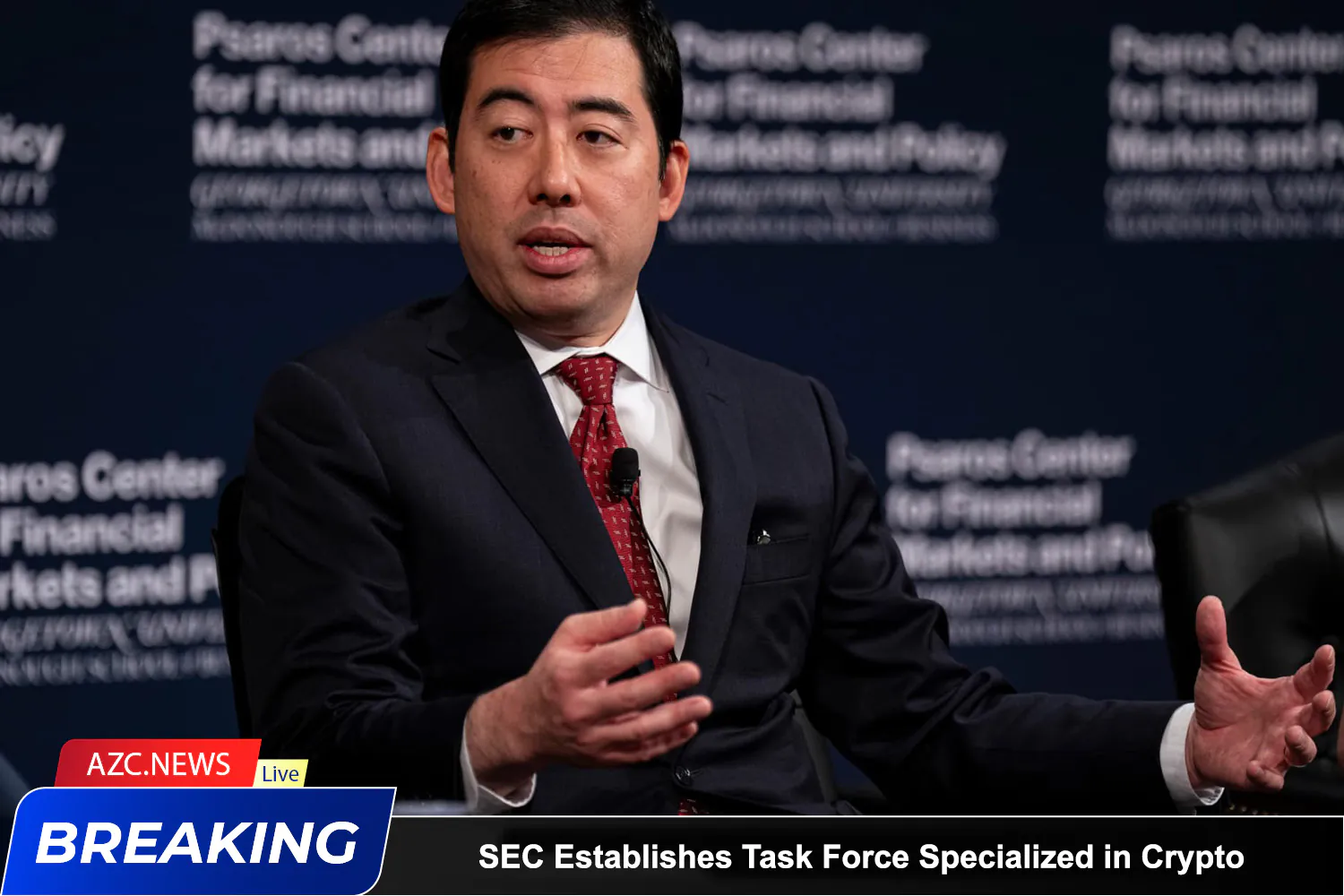The U.S. Securities and Exchange Commission (SEC), under the new leadership of Acting Chairman Mark Uyeda, announced the establishment of a Special Task Force on Cryptocurrency on January 21, 2025, marking a significant shift in its approach to regulating the digital asset market.

According to the official announcement, Commissioner Hester Peirce—known for her open stance on cryptocurrencies and frequent opposition to the enforcement-heavy measures under Gary Gensler—will lead this task force.
To date, the SEC has relied solely on enforcement actions to regulate crypto in a reactive manner, utilizing novel and untested arguments. The Commission has yet to issue clear rules about who must register and how they should register with the SEC. This approach has resulted in widespread misunderstanding of the industry’s legality, hindered progress, and inadvertently facilitated fraud. The SEC can do better.
Excerpt from the Commission’s statement
The Special Task Force will focus on developing a comprehensive regulatory framework to enable crypto businesses to operate transparently and efficiently. It will also closely collaborate with Congress and other agencies, particularly the Commodity Futures Trading Commission (CFTC), to ensure regulatory consistency.
Commenting on the plan, Commissioner Hester Peirce emphasized:
This transition process will require time, patience, and significant effort. It will only succeed if we gather a substantial amount of feedback from investors, market participants, researchers, and other stakeholders. We will work alongside the public to create a regulatory environment that protects investors, supports capital formation, oversees markets, and fosters innovation.
This initiative represents a dramatic policy shift for the SEC, significantly different from the approach under former Chairman Gary Gensler, who often used traditional securities regulations to penalize major crypto companies in the U.S.
Related: Mark Uyeda Appointed as SEC Chairman
Observers believe that the SEC’s new initiative could usher in a new era of growth for the cryptocurrency industry in the U.S., offering a clear regulatory framework and a more favorable business environment.






